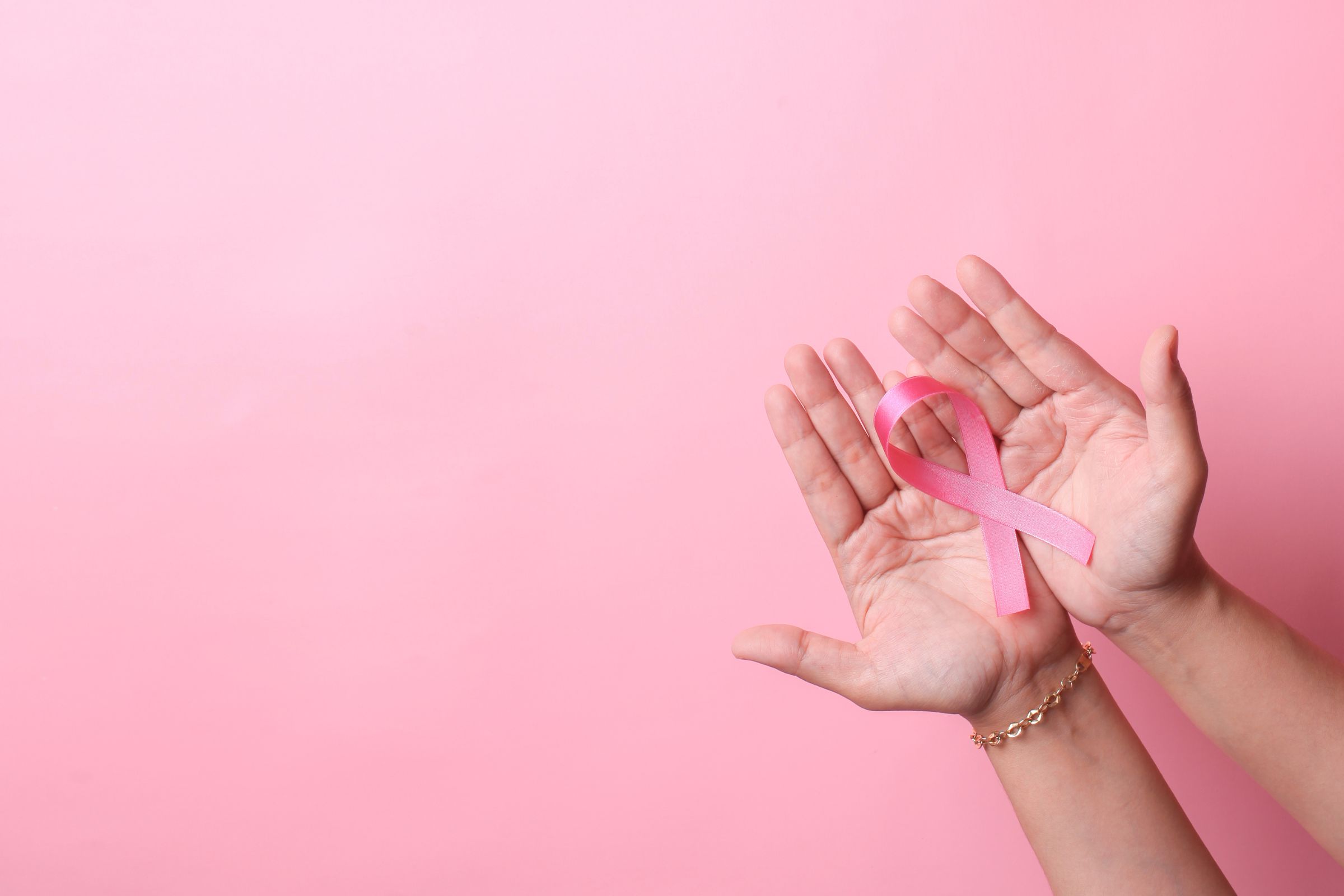
Breast self-examination is one of the simplest and most effective ways for women to take control of their health. In Dubai, where healthcare awareness is growing rapidly, learning how to perform a breast self-examination can help in the early detection of breast cancer.
At Fakeeh University Hospital, we aim to educate and support women and men to understand their breast health, recognize changes early, and seek medical advice when needed. During Breast Cancer Awareness Dubai campaigns, our goal is to empower everyone to take preventive steps toward better health.
Early detection of breast cancer can save lives. When identified early, treatment is more effective, recovery is faster, and outcomes are far more positive.
A breast self-examination helps you understand how your breasts normally look and feel. This awareness makes it easier to notice any unusual changes that may occur over time.
Breast self-examination does not replace a mammogram or a clinical exam. However, it is an important first step in early detection and self-care.
Every woman’s body is unique. However, some changes in the breast should be checked by a doctor.
These changes do not always mean breast cancer, but they do mean you should speak with a healthcare professional for evaluation.
The best time to perform a breast self-examination depends on your menstrual cycle and age.
Making self-examination a monthly routine will help you become familiar with your breast tissue and notice changes earlier.
Performing a breast self-examination takes only a few minutes and can be done at home. You only need a mirror and a few quiet minutes.

After the examination, note any changes you notice. Keep a small journal of what you feel each month. Over time, this will help you identify if something new or unusual develops.
If you find a lump or change that does not go away after your next menstrual cycle, schedule an appointment with your doctor.
Finding a lump can be worrying, but it is important to stay calm. Not all lumps are cancerous. Many are caused by hormonal changes, cysts, or benign (non-cancerous) conditions.
Here is what you should do:
At Fakeeh University Hospital, our breast health specialists provide expert evaluation using advanced imaging techniques. Early consultation helps you get the right diagnosis and treatment quickly.
While self-examinations are important, they should not replace professional screenings.
General guidelines include:
At Fakeeh University Hospital, our team of radiologists, oncologists, and breast surgeons use the latest technology to provide comprehensive breast care, including mammograms, ultrasounds, and biopsies when necessary.
Dubai has become a hub for modern healthcare, but breast cancer continues to affect many women each year. Early detection and awareness are essential to improving survival rates and outcomes.
Reasons why awareness is important in Dubai:
At Fakeeh University Hospital, we work closely with the community to promote awareness and help individuals understand the importance of early detection.
Breast cancer can develop in anyone, but some factors increase the risk.
Common risk factors include:
Understanding your risk helps you take steps to protect your health and plan regular screenings.
Although breast cancer cannot always be prevented, certain lifestyle changes can lower your risk.
Practical tips to reduce risk include:
Adopting these habits, along with regular self-examinations, can make a real difference in maintaining long-term breast health.
While the BSE is a great tool for self-awareness, it does not replace professional screening. Early detection through regular mammograms is what saves the most lives.
Fakeeh University Hospital is committed to comprehensive breast care. We offer advanced diagnostic services and a multidisciplinary team of specialists to ensure you receive expert care. Women over the age of 40 should discuss scheduling an annual screening mammogram with their healthcare provider.
For more information, watch this video on How to Perform a Breast Self-Exam. This video provides a visual guide on the different hand movements and what to look for during a self-examination.
Fakeeh University Hospital plays an active role in promoting breast health awareness across Dubai. Through educational programs and screening initiatives, the hospital helps individuals understand the importance of early detection.
Our initiatives include:
Our approach focuses on awareness, education, and accessibility, ensuring every person feels empowered to take care of their health.

You should perform a breast self-exam once every month, preferably a few days after your menstrual period.

Yes. Men can also develop breast cancer, although it is rare. Regular checks can help identify any unusual changes early.

Not necessarily. Pain can result from hormonal changes, but ongoing or unusual pain should be checked by a doctor.

No. Self-examination is an important first step but should be combined with clinical exams and mammograms for accurate detection.

It is recommended to start in your early twenties to become familiar with your breast health.